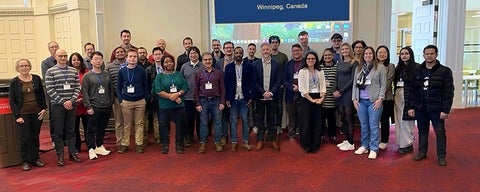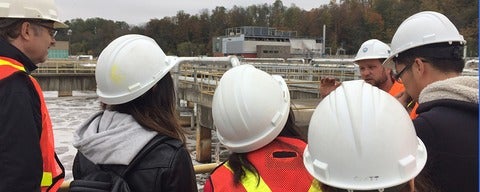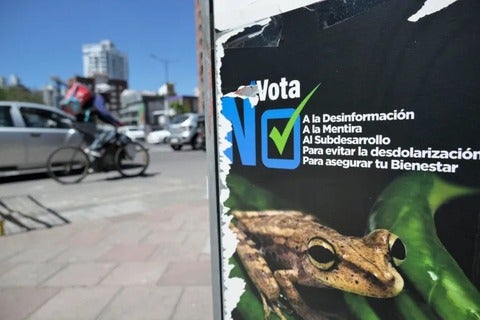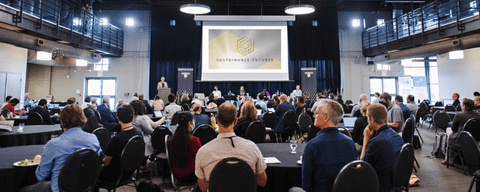Ecuadorians voted on Sunday to stop an oil-drilling project in the Yasuni region of the Amazon with 59% voting yes on a proposition that will end the practice.
Dr. Roy Brouwer, an environmental economist at the University of Waterloo, who conducted a study on the economic value of the Amazon rainforest, says that Indigenous populations tend to place an extremely high value on the environmental sanctity of the forest.
“They've lived in the Amazon for 11,000 years. How are you going to compensate these people by taking away their livelihood, cutting the forest and having them move out of the area where they live for 11,000 years? There's no monetary compensation for that.”









